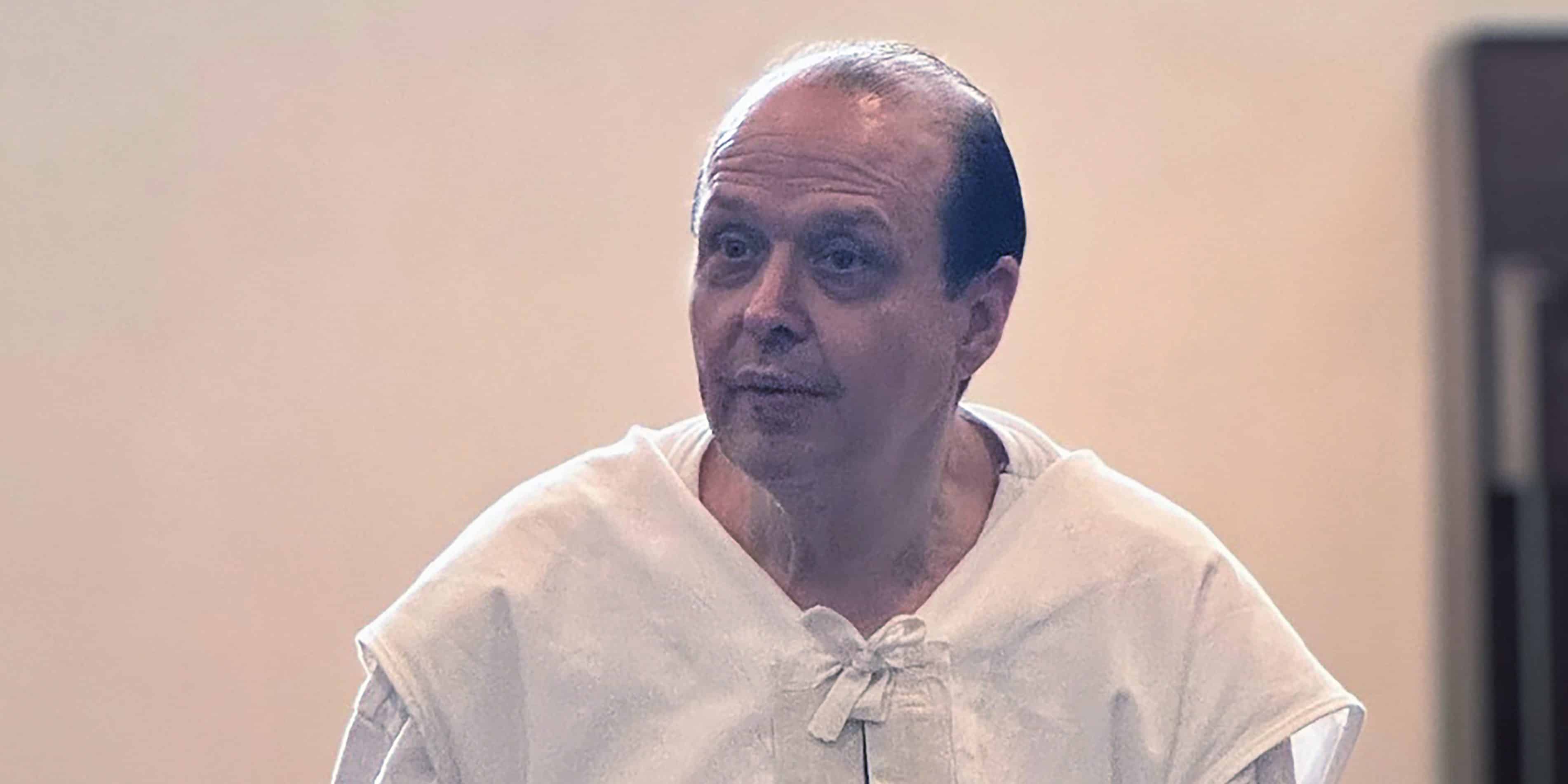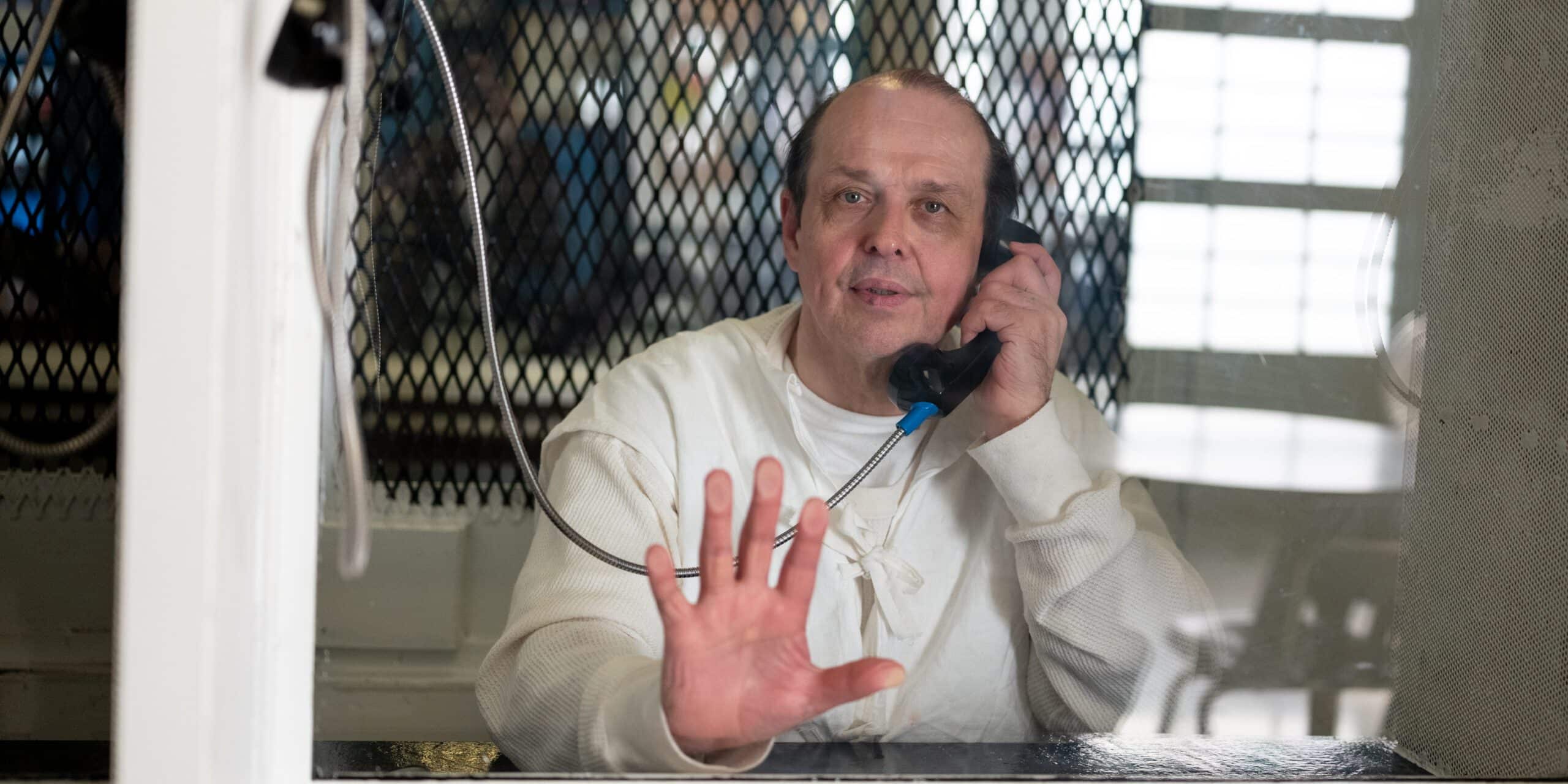Texas Lawmakers’ Unprecedented Actions Halt Robert Roberson’s Execution — For Now
The Texas Supreme Court halted Robert Roberson’s scheduled execution late Thursday night, following an extraordinary series of legal twists and turns spurred by a bipartisan group of state lawmakers.
The legislators, including influential members of the House Criminal Jurisprudence Committee, deployed a sequence of jiu-jitsu-like moves to give Roberson a chance to prove his innocence. Their efforts centered around a first-of-its-kind statute in Texas that allows people incarcerated based on flawed forensics to challenge their convictions.
“The vast team fighting for Robert Roberson — people all across Texas, the country, and the world — are elated tonight that a contingent of brave, bipartisan Texas lawmakers chose to dig deep into the facts of Robert’s case that no court had yet considered and recognized that his life was worth fighting for,” Roberson’s lawyer, Gretchen Sween, said in a statement. “He lives to fight another day and hopes that his experience can help improve the integrity of our criminal legal system.”
Roberson was sent to death row in 2003 for killing his 2-year-old daughter Nikki. Medical professionals attributed the child’s death to so-called shaken baby syndrome, or SBS: a diagnosis based on the belief that a certain combination of injuries found in a baby or toddler could only be caused by violent shaking. This theory has since been disproven by scientific research. Across the country, 34 people convicted based on SBS have been exonerated, according to the National Registry of Exonerations.
Roberson, who insists he is innocent, challenged his conviction using the state’s so-called junk science law. But Texas courts ignored the overwhelming evidence undermining the state’s case against him, greenlighting his execution on October 17. As that date approached, Roberson gained the support of a bipartisan group of more than 80 Texas lawmakers, who implored both the board and the courts to spare his life.
Separation of Powers
Less than two hours before the 6 p.m. scheduled execution on Thursday, Texas Republican Rep. Jeff Leach and Democrat Rep. Joe Moody sought a restraining order to block the state from killing Roberson. The day before, members of the Texas House’s criminal jurisprudence committee had held an eight-hour hearing on capital punishment and the state’s junk science law. The hearing focused almost exclusively on Roberson’s case and concluded with the unprecedented decision to subpoena him to testify at a hearing on October 21 — four days after his scheduled execution.
The lawmakers’ dramatic move came after the Texas Court of Criminal Appeals had already rejected Roberson’s most recent appeal, and the Board of Pardons and Paroles had declined to recommend clemency.
During a short hearing Thursday afternoon before a judge in Austin, Moody argued that the committee members have independent legal power to subpoena witnesses who are crucial to their job of ensuring state laws are operating as intended. In this case, Moody said that hearing testimony made it “very clear” that Texas courts are not following the junk science statute.
“That is inappropriate, that is improper,” he told the judge. “And if that’s the case, it is absolutely within the legislature’s jurisdiction, and within our power, to be able to look at that. And that is the crux of why we need Mr. Roberson to testify.”
Ed Marshall, a state assistant attorney general, argued that “Shaken Baby Syndrome just doesn’t play a role” in Roberson’s case and that the judge had no power to counter the Court of Criminal Appeals’ decision to deny his appeals. Still, he conceded that the lawmakers’ subpoena was valid and legal. The judge granted the restraining order, and the AG’s office appealed to the Court of Criminal Appeals, which sided with the state, writing that “no other court of this state has the authority to overrule or circumvent its decisions, or disobey its mandates.”
The issue, however, was not actually for the Court of Criminal Appeals to decide. While the court has jurisdiction and final say over criminal matters in the state, the restraining order was issued as part of a civil law process where the lawmakers were attempting to invoke their legislative rights. The lawmakers appealed to the Texas Supreme Court, which has the final say on civil matters, to make their case.
Shortly before midnight, the Supreme Court weighed in, explaining that the situation raised serious questions about the separation of powers. “The question implicates the distribution of authority among the three branches of government, pitting two branches against the other,” Justice Evan Young wrote. After the CCA denied Roberson’s appeals, the state’s department of corrections — an executive branch office — was tasked with carrying out the execution. In seeking to stop the department from doing so, the lawmakers were flexing their legislative branch muscles, creating the conflict.
“Would proceeding with an execution in these circumstances entail the executive branch’s intrusion into the broad authority of the legislative branch?” Young wrote. “Or, contrariwise, would allowing various committees of the Legislature to subpoena an inmate who is subject to an impending death sentence constitute the legislative branch’s intrusion into the orderly functioning of the law, risking manipulation of the judicial process … ?”
Faced with this conflict, the Texas Supreme Court said that it, and not the Court of Criminal Appeals, had the job of deciding whether the restraining order should stand.
A Chance to Be Heard
The effect of the ruling was to block the state from carrying out the execution — for now. The Supreme Court urged the district court to address the separation of powers issues quickly. In the meantime, Roberson is expected to appear at the House committee’s hearing on October 21.
The committee members are determined to amend the junk science writ to ensure that it works as intended and that Roberson has an opportunity to avail himself of its protections. Because the Texas Legislature only meets in odd-numbered years, that would likely mean forestalling Roberson’s execution until the fall of 2025.
The eleventh-hour stay of execution came many hours after Roberson’s legal options appeared to have run out. His legal team had unsuccessfully appealed to the U.S. Supreme Court, to take up the case. In a statement, Justice Sonia Sotomayor wrote that Roberson had not raised an issue the federal court could readily address, but she echoed the Texas lawmakers’ concerns, lamenting that convictions rooted in junk science have proven hard to overturn in the courts. “This case is emblematic of this problem,” she wrote. And while Sotomayor has previously called on states to pass junk science laws like Texas’s, she noted that “tragically, that statute did not help Roberson in this case.”
Sotomayor called out the Court of Criminal Appeals for its disparate treatment of Roberson in light of the Texas court’s decision to order a new trial last week in a different case that turned on SBS. As the court “has itself confirmed, the scientific basis for shaken baby syndrome has since been called into significant question,” the justice wrote. Roberson’s case relied on the same medical expert, she noted, and yet the court looked the other way. Though the Supreme Court lacked jurisdiction to halt Roberson’s looming execution, Sotomayor described it as a potential “miscarriage of justice.”
“Few cases more urgently call for such a remedy than one where the accused has made a serious showing of actual innocence, as Roberson has here.”
Moody and Leach celebrated the Texas Supreme Court’s ruling in a statement late Thursday night. “While some courthouses have failed him, the Texas House has not,” they wrote.
“We’re deeply grateful to the Texas Supreme Court for respecting the role of the Texas legislature in such consequential matters. We look forward to welcoming Robert to the Texas Capitol, and along with 31 million Texans, finally giving him — and the truth — a chance to be heard.”
The post Texas Lawmakers’ Unprecedented Actions Halt Robert Roberson’s Execution — For Now appeared first on The Intercept.


